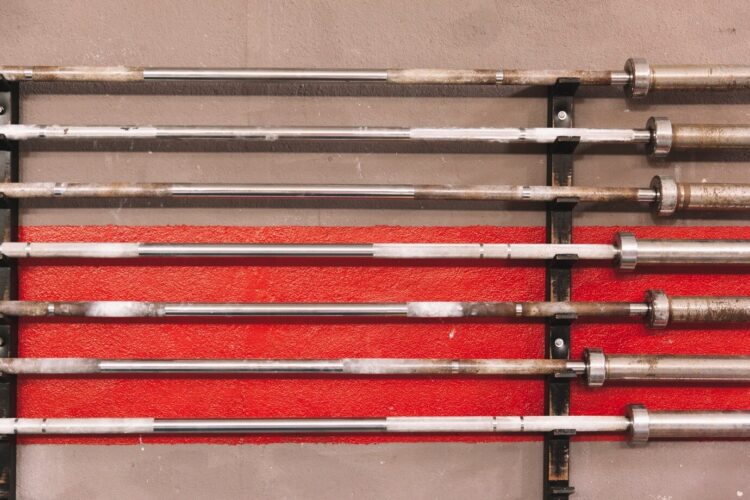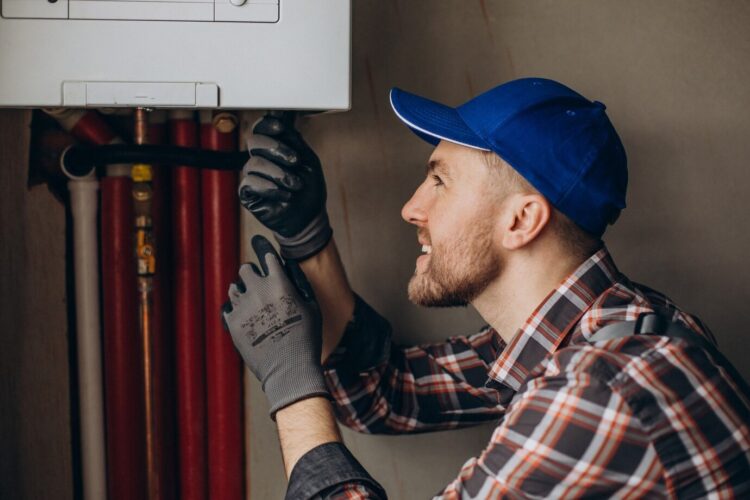Heating Interface Units (HIUs) play a critical role in providing hot water and heating in properties connected to communal or district heating systems. Regular repairs and proper maintenance of HIUs are essential to ensure their efficiency and longevity. This article focuses on the common issues you might encounter with an HIU and how to address them promptly to maintain performance.
Table of Contents
Key Points:
- Regular maintenance prevents breakdowns.
- Loss of pressure often indicates internal issues.
- Scale buildup reduces efficiency.
- Thermostatic controls can malfunction.
- Leaks signal urgent repairs.
- Sensor failure affects performance.
- Faulty valves can disrupt operations.
HIU Service: The Foundation of Long-Term Functionality

Maintaining your HIU is not just about repairs after a problem occurs. Routine HIU service ensures that the unit runs efficiently for a long time. A professional team like R&B London HIU Engineers Limited can carry out essential services that keep the unit performing at its best.
Choosing a qualified and experienced HIU engineer is crucial for ensuring that repairs are done correctly. The best engineers are familiar with the specific make and model of your unit, which ensures they know how to fix the most common issues.
Servicing an HIU involves inspecting key components such as valves, filters, and sensors. Issues caught early save time and money by preventing more severe damage later. An experienced engineer will assess the performance of the system, identify any signs of wear, and replace or repair parts as needed.
Common HIU Problems
The most frequent HIU issues often stem from wear and tear, incorrect installation, or lack of maintenance. Identifying and solving these problems quickly prevents larger repairs in the future. Below are some of the most common HIU problems.
Loss of Pressure
When the unit loses pressure, it cannot effectively supply heating or hot water. Several factors can cause pressure loss. Damaged expansion vessels and leaking valves often lead to this issue. Low pressure makes your system inefficient, leading to uneven heating. Addressing pressure issues should be a top priority to avoid further complications.
Scale Buildup
Scale buildup in HIUs is another common issue, especially in areas with hard water. Minerals in the water accumulate over time, reducing the efficiency of heat transfer and causing the system to work harder than necessary.
This problem eventually increases your energy bills. Regular descaling helps prevent scale buildup and prolongs the life of the unit. In areas with very hard water, installing a water softener can reduce the frequency of descaling needed.
Faulty Thermostatic Controls
Thermostatic controls ensure that your HIU maintains a consistent temperature. When these controls malfunction, the unit may overheat or fail to reach the desired temperature. An engineer can check the thermostatic controls for accuracy during regular servicing and replace them when needed.
Ignoring thermostat issues often leads to more significant problems, including increased wear on the system and higher energy costs. An out-of-control system can also affect the comfort levels in your home or building, making it difficult to maintain the desired indoor temperature.
Leaks
Leaks usually stem from worn-out seals, cracked pipes, or faulty valves. Even a small leak causes severe water damage over time, affecting not only the unit but also surrounding areas of the property.
Prompt repair of leaks is essential to avoid more extensive issues. If left unchecked, the leaking water damages electrical components, flooring, and walls.
Sensor Failure
HIUs rely on sensors to monitor various functions such as temperature and pressure. When sensors fail, the system loses its ability to regulate heating and hot water delivery. Sensor issues are typically resolved by replacing the faulty sensor with a new one.
A malfunctioning sensor affects performance and often leads to inaccurate readings on your control panel. This problem should never be ignored, as incorrect sensor readings can cause the system to either overheat or operate inefficiently.
Faulty Valves
Valves control the flow of water through the HIU. When a valve becomes faulty, it either restricts or completely stops the water flow. This leads to uneven heating and inconsistent water temperatures.
Most valve issues arise due to wear over time. Replacing old or damaged valves restores functionality and prevents further disruption to your heating system.
Why Regular HIU Service is Essential

Neglecting to service your HIU leads to an increased likelihood of costly repairs. Scheduled servicing catches potential problems before they escalate. It also helps the unit run more efficiently, saving money on energy bills. A well-maintained HIU will last longer, which reduces the need for an expensive replacement.
Trained engineers will check for common issues like pressure loss, leaks, and sensor failure. They will also ensure that all parts are functioning correctly and replace any worn-out components. This kind of proactive care not only prevents breakdowns but also enhances the overall performance of the unit.
Signs Your HIU Needs Repairs
Most HIU problems show warning signs before they become severe. By recognizing the early symptoms, you can address issues before they cause system failure.
- Inconsistent hot water or heating: If your HIU no longer provides reliable hot water or heating, there’s likely a problem with the heat exchanger or the thermostatic controls.
- Unusual noises: Strange sounds, such as banging or hissing, often indicate that air has become trapped in the system or that parts have worn down.
- Visible leaks: Any signs of leaking water around your HIU require immediate attention. Even a minor leak turns into a larger problem if not fixed.
- Frequent pressure drops: If your HIU constantly loses pressure, the problem could stem from a leak, or it may signal an internal fault within the unit.
Final Thoughts
HIU repairs are inevitable. However, with regular servicing, many problems can be avoided. The most common issues you’ll face include pressure loss, scale buildup, faulty valves, sensor failure, and leaks. By addressing these problems as soon as they arise, you extend the life of your unit and maintain its efficiency.
To ensure the best performance, always rely on trained engineers to carry out any repairs or servicing. Taking a proactive approach reduces your long-term costs and helps keep your heating system running smoothly.
